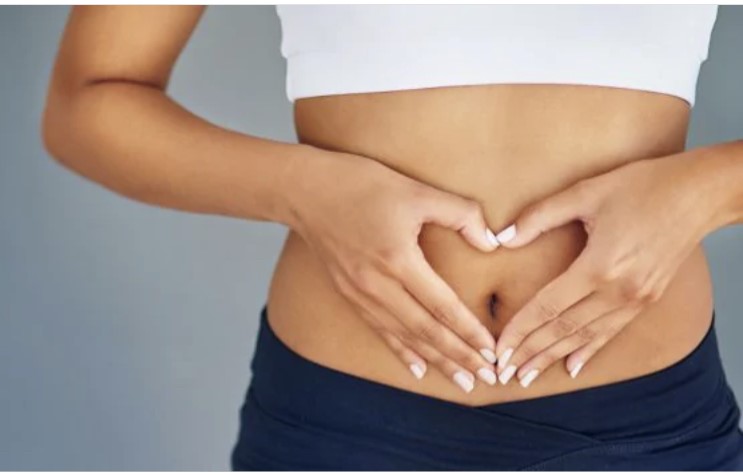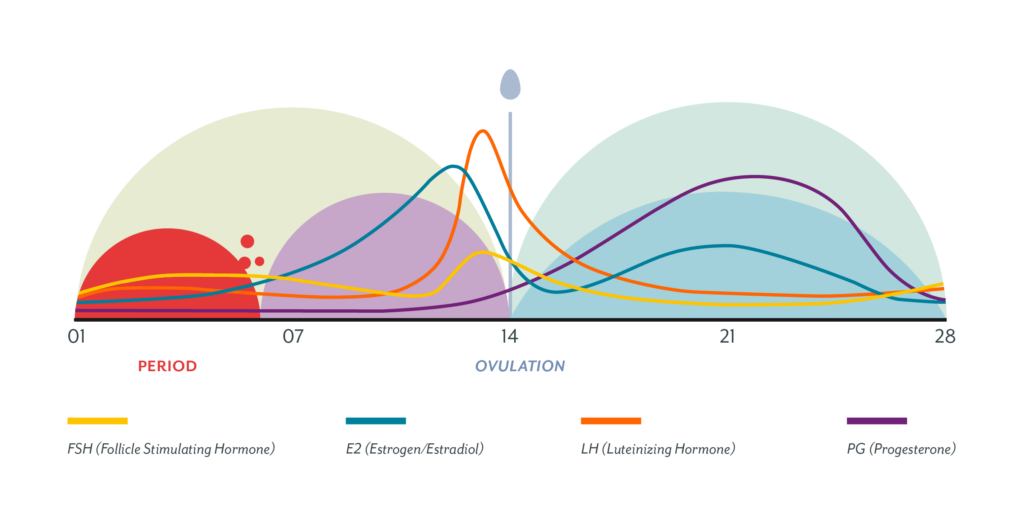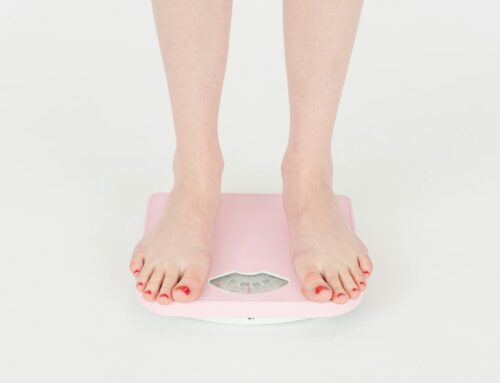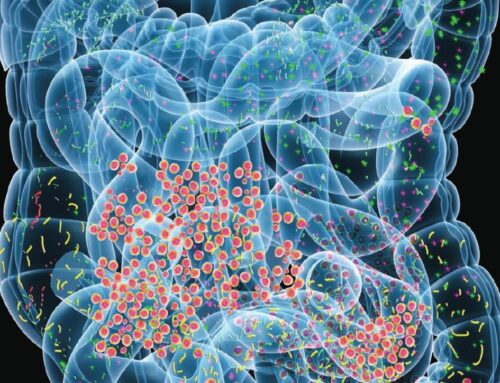BLOAT: Why Do We Bloat? What Are The Different Types Of Bloat And How Do We Stop It?
It happens to just about all of us from time to time and can be so frustrating!
This topic holds the record for the most direct messages I’ve ever received when I posted about it on my Instagram stories.
What am I referring to? Bloat. Damn Bloat.
It’s so annoying, can put you in a total mood, and can even deter you from wanting to leave the house. But for most of us, it’s normal. I’m going to dissect the different kinds of bloat, what they each mean, how to reduce it, and when it’s a deeper issue.
Bloating Post Exercise. Since I was a teenager, I can remember feeling puffy and bloated after intense exercise. It’s super common, especially in women, and it can happen for a variety of reasons. Here are a few common ones:
- Acute Inflammation: The natural process of the body repairing itself after exertion. When we work out, we damage or create micro-tears in our muscles and then our bodies repair them and grow back even stronger. Inflammation comes into play during the repair process when the body increases blood flow to the affected area to replenish oxygen, fuel muscles, and clear out waste.
- Heavy breathing: Gasping for deeper breaths during exercise can cause air to make its way into the digestive system and can cause bloating.
- Dehydration: Lack of hydration can cause bloating as a response to inadequate fluids in the body. In other words, your body retains water to compensate for the lack of it. Planned hydration prior to your work outs can help minimize bloating.
- Excess heat: Trapped heat causes blood vessels to expand, which may cause fluid to accumulate in the space between the tissues. While some of this is unavoidable, wear clothing that is light weight and doesn’t cause heat and sweat to become trapped close to your body.
- Drinking too much water too fast: Quickly guzzling water in and after a workout can make you feel bloated. This is one reason why many experts recommend abstaining from drinking water during workouts. Taking big gulps, especially during high-intensity workouts, can dilute sodium in your body. Sweating and replenishing your body too quickly with excessive amounts of water can make your cells retain water and cause bloating.
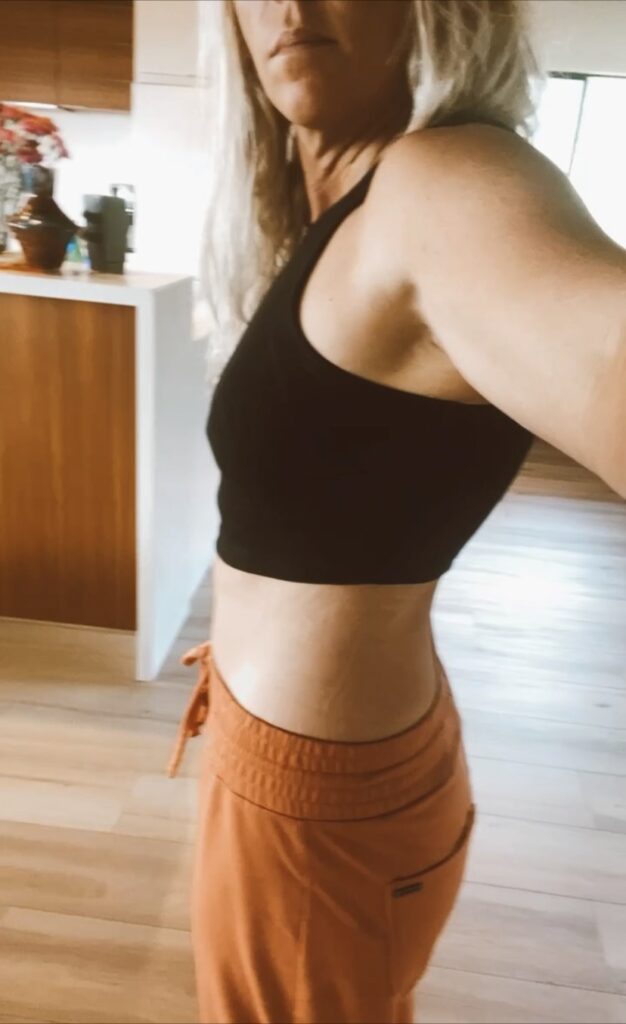
This is my normal body when I wake up in the morning. This photo was taken the morning after the photo below.

This photo was taken at the end of a long day of intensely practicing jump rope for hours (double unders) to try and improve my CrossFit Open score. You can see my body is puffy all over from the intense cardio.
Hormonal Bloating in Women. Bloating during different times of the month may be related to hormonal fluctuations. 75% of women say they experience abdominal bloating before and during their menstrual periods. Bloating is also a common complaint during the hormone fluctuations of perimenopause. Female hormones relate closely to the digestive system.
According to the Cleveland Clinic, Estrogen elevation causes water retention. When estrogen spikes and progesterone drops, you’ll notice bloating from fluids. This, in addition to the increased volume of your uterus just before menstruation, can give you a bloated stomach. Additionally, hormones interact with your digestive system. Estrogen and progesterone can each cause intestinal gas by either slowing or speeding your motility. Estrogen receptors in your GI tract also affect your visceral sensitivity — what makes you feel bloated. Working to keep hormones balanced throughout your cycle through diet and lifestyle adjustments can help minimize hormonal bloating.
Inflammation Related Bloat. If you’re someone who’s fit and normally eats a whole foods diet that aligns with your body type and food sensitivities, a week or two of poor eating can result in a bloated looking body, which is typically from an inflammatory response. It’s easier to notice inflammation on someone who is typically lean. In 2018 I was in great shape and went on a traveling extravaganza all over the world to launch my skincare company, O’o Hawaii. In that month, it was more challenging to eat the kinds of foods I was accustomed to consuming. Even though I made my best effort and even picked my hotels based on the gym accomodations, constant wining and dining with potential clients and vendors, eating at odd hours, restaurant seeds oils, plus the stress of the hustle and bustle had me super bloated and puffy looking. The good news, inflammation bloat is not FAT. If you just get back on your normal routine after a short time off, the inflammation dies down and in about a week, you’ll be back to normal.
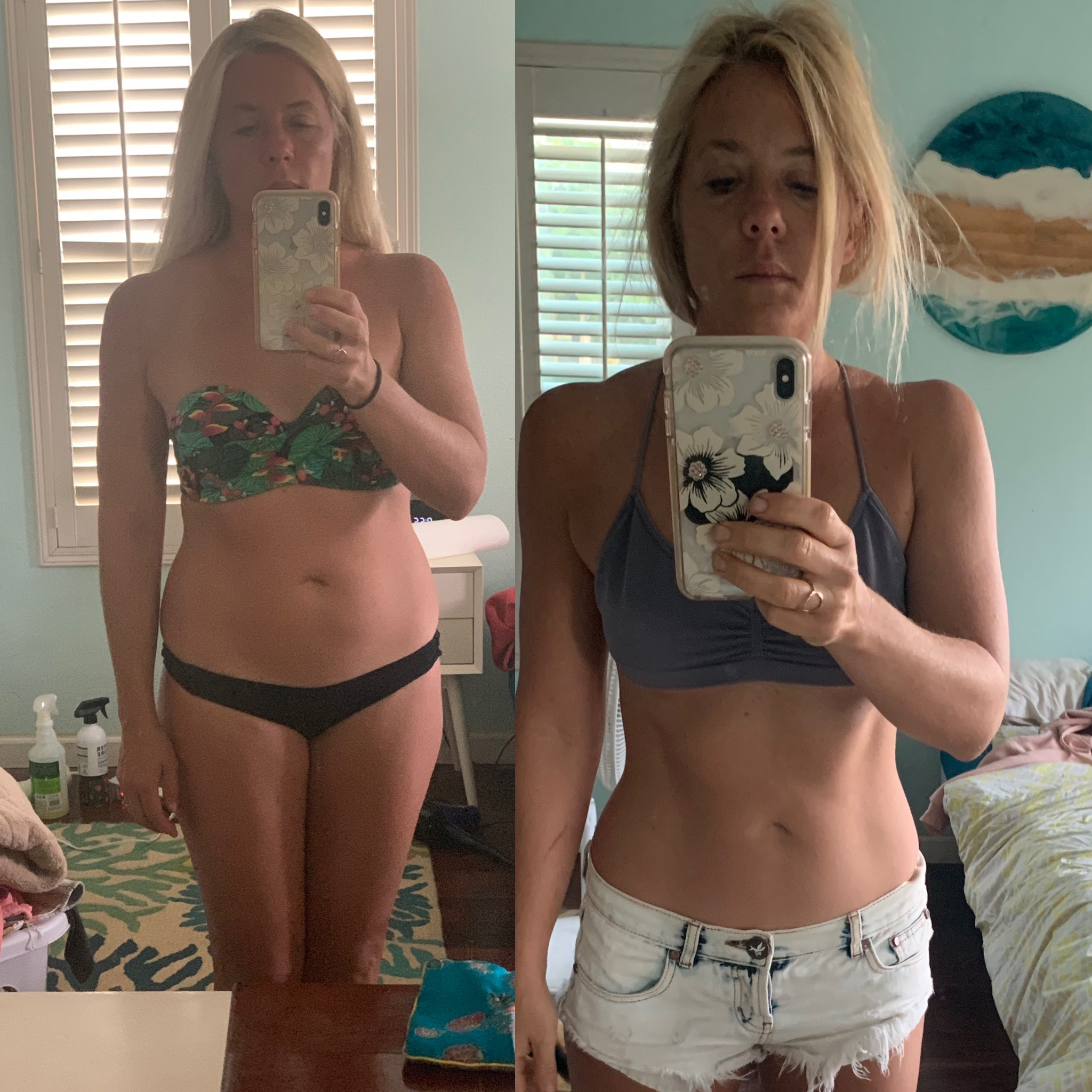
On the left was my inflammed, bloated body after returning from my business travels a few years ago. On the right was my normal body one week after getting back to my regular eating and lifestyle. Crazy huh?
Digestive Bloat. While exercise-related bloat can cause your entire body to feel “puffy,” digestive bloat is typically confined to the abdominal area. (Although certain foods can also cause all-over puffiness.) While swallowing too much air by eating too quickly or even drinking carbonated beverages can cause temporary bloat, many times, bloat can be caused by too much fermentation with bacteria that’s present in the gut.
If there’s too much fermentation, it’s typically because too many carbohydrates weren’t naturally absorbed earlier in the digestive process, before reaching those gut bacteria. That could be for several reasons: Eating too much too fast, specific food intolerances, or potentially a gastrointestinal condition such as:
- Carbohydrate malabsorption. Many people have difficulties digesting certain carbohydrates. Common culprits include lactose, fructose, wheat and beans. You may have an intolerance, or you may just have general difficulties that cause your body to struggle more with certain carbs.
- Small intestinal bacterial overgrowth (SIBO). This occurs when gut bacteria from the colon overflow into the small intestine. The overgrowth of these bacteria can also overwhelm other bacteria that are meant to balance them. Some bacteria actually absorb the gases produced by others, but too many of one kind and not enough of another kind can throw this balance off.
- Functional digestive disorders. IBS and functional dyspepsia are diagnosed when your body struggles more with digestion for unexplained reasons. Symptoms often include gas and significant bloating after eating. Keep an eye out for classic alarm symptoms such as diarrhea or constipation, nausea, vomiting, fever, bleeding, anemia, and unintentional weight loss.
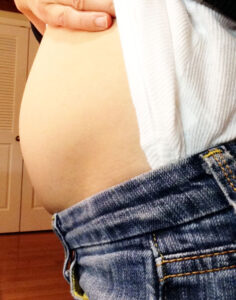
This is an example of someone with SIBO. With SIBO, the stomach can be completely flat in the morning and after one wrong food combination, a sharply protuding belly can result.
Serious Causes of Bloat that Require Immediate Medical Attention:
- Inflammation of the stomach (gastritis) or the intestines (enteritis). Typical causes: a bacterial infection (commonly, H. pylori infection), excessive alcohol consumption or peptic ulcers.
- Pancreatic insufficiency. This is a kind of pancreatic dysfunction in which your pancreas can no longer make enough digestive enzymes to serve its function in the digestive process.
- Ascites: This is a gradual build-up of fluid in your abdominal cavity. Typical causes: liver disease, kidney, and heart failure.
- Cancer (ovarian, uterine, colon, pancreatic or stomach)
While bloat related to exercise is normal and goes away quickly, digestive bloat can be super frustrating. I work with clients with all levels of digestive issues. Through dietary changes, food combinations, testing, and supplementation, daily bloating can be significantly reduced and even eliminated when the right measures are taken. Reach out anytime on IG @HLYFEMETHOD or via the Get Started page on my website.

